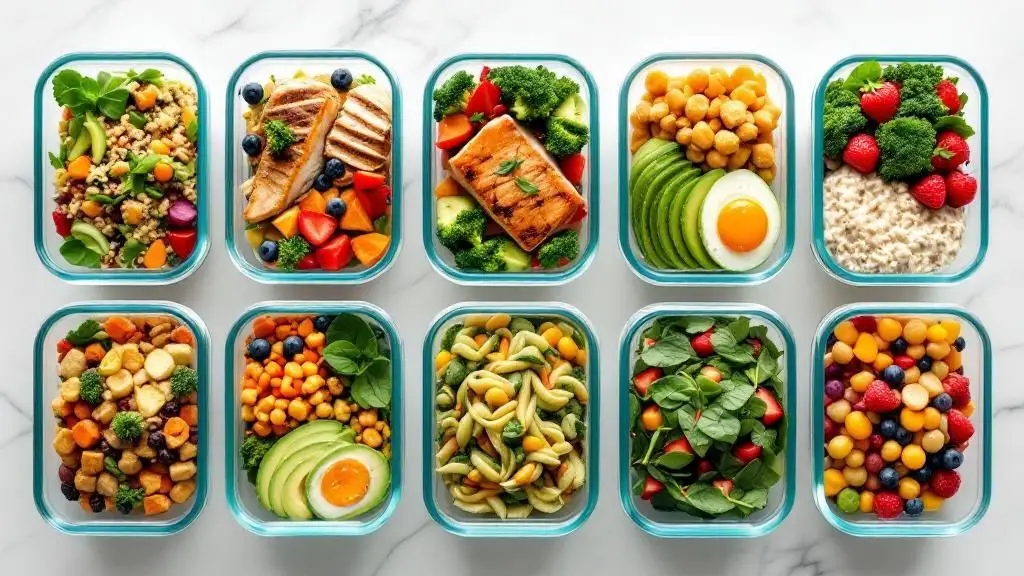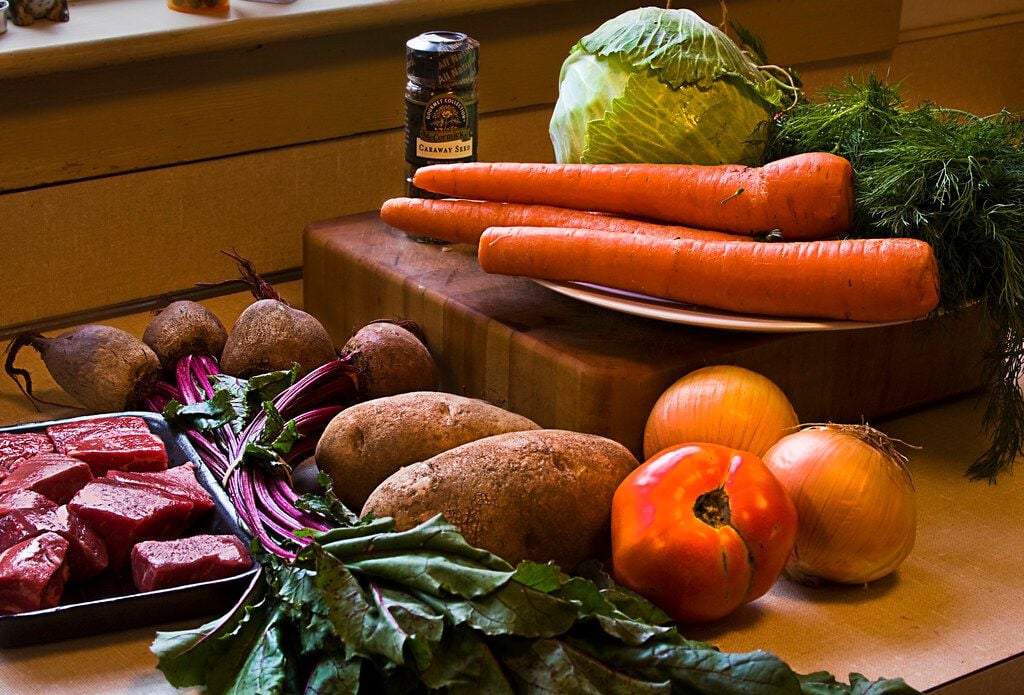
Boost Your Health with These 15 Fiber-Packed Veggies
- Oct 1, 2024
The regular intake of high-fiber vegetables can improve digestive health while offering myriad health perks, such as reducing cholesterol, pressure and even weight. Fiber, an indigestible plant carbohydrate, contributes significantly to gut health, offering both nourishment to beneficial intestinal bacteria and promoting bowel regularity.
To ensure your diet is fiber-rich, turn to wholesome and unprocessed food options like fresh vegetables, shunning over-processed substitutes that may be fiber-deficient. Here are fifteen vegetables that can significantly contribute to your fiber intake.
An artichoke's head, flower, and leaves are entirely edible; a standard portion of cooked artichokes, a cup, offers 9.6 grams of fiber and 89 calories. Additionally, artichokes are rich in antioxidants, crucial for preventing cellular damage, and contain compounds that minimize cholesterol. They also provide essential minerals-potassium and magnesium-that aid in regulating blood pressure.
Green peas, a fiber-rich staple, can offer 8.8 grams of fiber and 134 calories per cup. Providing both soluble and insoluble fiber, they are also a fantastic source of plant protein, proving beneficial for heart health and type 2 diabetes management.
Soluble fiber transforms into gel-like consistency in the gut, fostering digestion by supporting gut microflora. It can also control cholesterol levels and reduce heart disease risk. Conversely, insoluble fiber aids in quicker waste expulsion from the digestive system.
Non-starchy veggies, such as Brussels sprouts (a cup of which provides 6.4 grams of fiber and 65 calories), are a rich source of insoluble fiber, helping prevent constipation by promoting intestinal movement. These veggies are also vitamin C, K, and B6 (folate) abundant and rich in carotenoids.
Belonging to the cruciferous vegetable family-same as kale, cabbage, and broccoli-, Brussels sprouts contain glucosinolates and sulforaphane which have shown anti-cancer properties.

Sweet potatoes provide 6.3 grams of fiber and 190 calories per cooked cup. They're packed with beta-carotene, which can be converted into vitamin A-good for vision, skin, and brain health-by the body. Moreover, they are rich in potassium, which aids kidney function and blood pressure regulation, and vitamin B6, promoting brain development in both kids and adults.
Cooked parsnips and winter squash are fiber-sources offering 6.2 and 5.7 grams of fiber, and 110 and 76 calories per cup, respectively. Yams, like sweet potatoes, offer similar benefits with 5.3 grams of fiber and 158 calories per cup. They contain diosgenin, a substance like estrogen, found beneficial for brain function in preliminary studies.
Broccoli, cauliflower, cooked carrots, and spinach are great fiber sources, offering around 4-5 grams of fiber per cup and numerous additional health benefits. Lastly, asparagus and mushrooms provide over 2 grams of fiber per cup and are rich in antioxidants, helping combat numerous diseases.
According to the U.S. Department of Agriculture (USDA), adults should include at least 28 grams of fiber in their 2,000-calorie daily diet.
Overeating fiber can cause digestive issues like bloating and constipation. Gradually introducing fiber into your diet is a safe way to avoid these problems.
Vegetables are excellent sources of insoluble and soluble fiber, essential for digestive regularity and gut health while reducing weight and blood pressure. By eating a mix of these vegetables, you'll meet your daily fiber requirements and enjoy their many health benefits.






